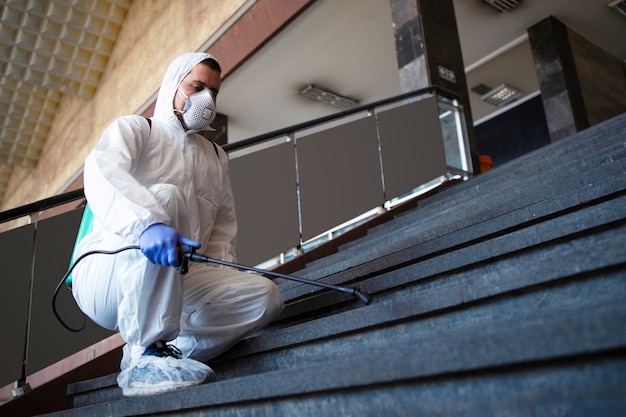
How to Find the Best Qualified Toxic Mold Inspector for Thorough Testing
Finding the right toxic mold inspector is a crucial step in ensuring the health and safety of your living environment. Toxic mold can lead to severe health issues, and its presence in a home or building can cause significant damage if not addressed promptly and effectively. Given the complexities involved in mold inspection and testing, it is essential to select a qualified and experienced professional. This article provides a comprehensive guide on how to identify the best qualified toxic mold inspector to carry out thorough testing, ensuring peace of mind and a healthy living space.
Understanding the Importance of Qualified Mold Inspectors
A qualified mold inspector plays a pivotal role in accurately identifying mold presence and determining the extent of contamination. Without proper expertise, inspection efforts might miss critical areas, leading to ongoing mold issues and potential health risks. Here are some reasons why hiring a qualified inspector is vital:
- They possess the knowledge to identify different mold types accurately.
- They utilize advanced testing methods and equipment.
- They provide reliable recommendations for remediation based on test results.
- They help in preventing future mold growth through expert advice.
Attributes of a Qualified Mold Inspector
When searching for a toxic mold inspector, consider the following attributes to ensure you select the best professional for the job:
Certification and Licensing
Ensure the inspector holds relevant certifications and licenses required in your region. Certifications from recognized bodies demonstrate a commitment to maintaining industry standards. Read more about this topic.
Experience and Expertise
Experience is a key indicator of competence in mold inspection. An inspector with several years of experience is likely to have encountered a wide range of scenarios, allowing them to conduct inspections more thoroughly and efficiently.
Reputation and References
Research the inspector's reputation by reading reviews and testimonials from previous clients. Request references to gain insights into their work quality and customer satisfaction. Learn more in this detailed guide.
Questions to Ask Prospective Inspectors
To ensure you hire the best-qualified inspector, consider asking the following questions during your selection process:
- What certifications do you hold related to mold inspection?
- How many years have you been conducting mold inspections?
- Can you provide references from previous clients?
- What methods and equipment do you use for mold testing?
- Do you provide a detailed report and recommendations after the inspection?
The Role of Technology in Mold Inspection
Advancements in technology have significantly improved the accuracy and efficiency of mold inspections. Qualified inspectors use state-of-the-art tools and techniques, such as infrared cameras, moisture meters, and air quality monitors, to detect mold presence and assess environmental conditions. These tools enable a more comprehensive analysis and accurate results. Explore further insights here.
Conclusion: Making an Informed Decision
Selecting the best qualified toxic mold inspector requires careful consideration of their qualifications, experience, reputation, and use of technology. By asking the right questions and evaluating their credentials, you can ensure that your mold inspection is conducted thoroughly and professionally. This proactive approach not only addresses current mold issues but also helps prevent future problems, safeguarding the health and safety of your living environment. Find additional information here.